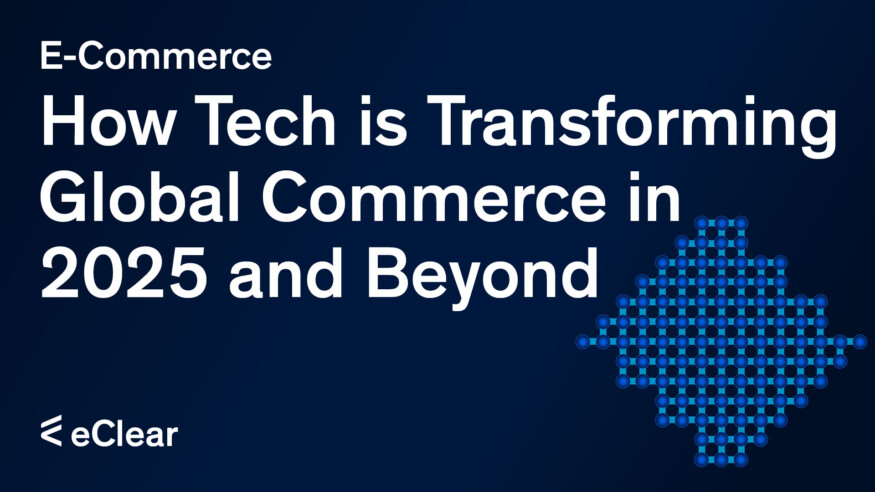AI Agents in Commerce
AI is already revolutionising industries across the globe. OpenAI recently made big waves in the AI world by achieving a score of 87.5 % in the ARC-AGI-1 Public Training set with their o3 system. That means, that the model managed to achieve almost human like results in this specific benchmark. (source: https://arcprize.org/blog/oai-o3-pub-breakthrough)
AI agents specifically will play a big role in automating repetitive tasks in customer support or supply chain optimisation. These agents are already capable of performing complex tasks autonomously, and it will be normal for consumers to interact with them. A good example is a personal shopping assistant that can give product recommendations or answer specific questions regarding customer orders in a conversational tone.
By leveraging this technology, businesses can achieve new levels of efficiency and personalisation in customer interaction. AI agents will be able to negotiate contracts or tailor marketing strategies in real-time to meet consumer needs.
While AI is being adopted by more and more businesses, ensuring ethical deployment and addressing biases remain critical topics to avoid misuse.
It’s safe to say that companies that embrace AI agents successfully today will position themselves to outpace competitors tomorrow.
Enterprise Planning
Traditional enterprise planning will be obsolete soon. Predictive analytics and AI-powered tools offer businesses the ability to forecast trends accurately, adapt to disruptions, and make data-driven decisions.
Retailers using AI can predict inventory needs to avoid overstocking or shortages. Cross-border trade platforms can leverage AI to streamline international operations.
Overall, smarter planning tools and automation of tedious tasks empower businesses to navigate uncertainty while unlocking growth opportunities.
Spatial Computing
The term spatial computing means human-computer interaction that is being perceived by the user as if it is taking place in the real world. We are talking about Augmented Reality and Virtual Reality.
In global commerce, this will lead to immersive shopping experiences, virtual trade shows, and remote collaboration like never before.
Future applications could be virtual storefronts tailored to individual shoppers, supply chain monitoring via real-time 3D visualisation.
Businesses must be aware of a future where spatial computing integrates seamlessly into commerce.
Security and Quantum Computing
On December 9th, 2024, the Google Quantum AI published a breakthrough in quantum computing technology. According to the statement (source: https://blog.google/technology/research/google-willow-quantum-chip/) the latest quantum chip “Willow” developed by the research team managed to perform a computation in five minutes that would take today’s fastest supercomputer 10 septillion years.
To put that number into context, that is a timeframe that vastly exceeds the age of our known Universe.
That’s exciting news, but this kind of computational power introduces risks by potentially breaking current encryption and security methods.
Data privacy and data security are of utmost importance for businesses and global commerce.
These developments show once more the importance to be proactive in securing digital assets and protecting sensitive data.
Hardware in a Software-Driven World
Even as software dominates the narrative, hardware innovations remain vital. Edge computing devices and Internet of Things sensors enable faster data processing, critical for real-time commerce operations. Hardware developments will create new ways of efficient warehousing and tracking goods from production to delivery.
Moreover, many businesses are also prioritising green technologies to align with environmental goals.
What Businesses Can Do Today
The future of global commerce is being shaped by advanced technologies. From AI and spatial computing to quantum breakthroughs. All these innovations promise a future of greater efficiency, connectivity, and opportunities.
To stay ahead, companies not only need to be invested in emerging technologies but also equip their teams with the knowledge to leverage these advanced tools.
At eClear, we embrace the possibilities of 2025 and beyond, building a future where technology empowers businesses and transforms global trade. Be it with our CustomsAI and ClearCustoms Solution to leverage modern technology for seamless EU Imports, or testing new technology to advance our products even further.
Let’s stay in touch!
Stay up to date on the latest market trends, best practices and regulatory changes affecting cross-border trade by following us on LinkedIn.







